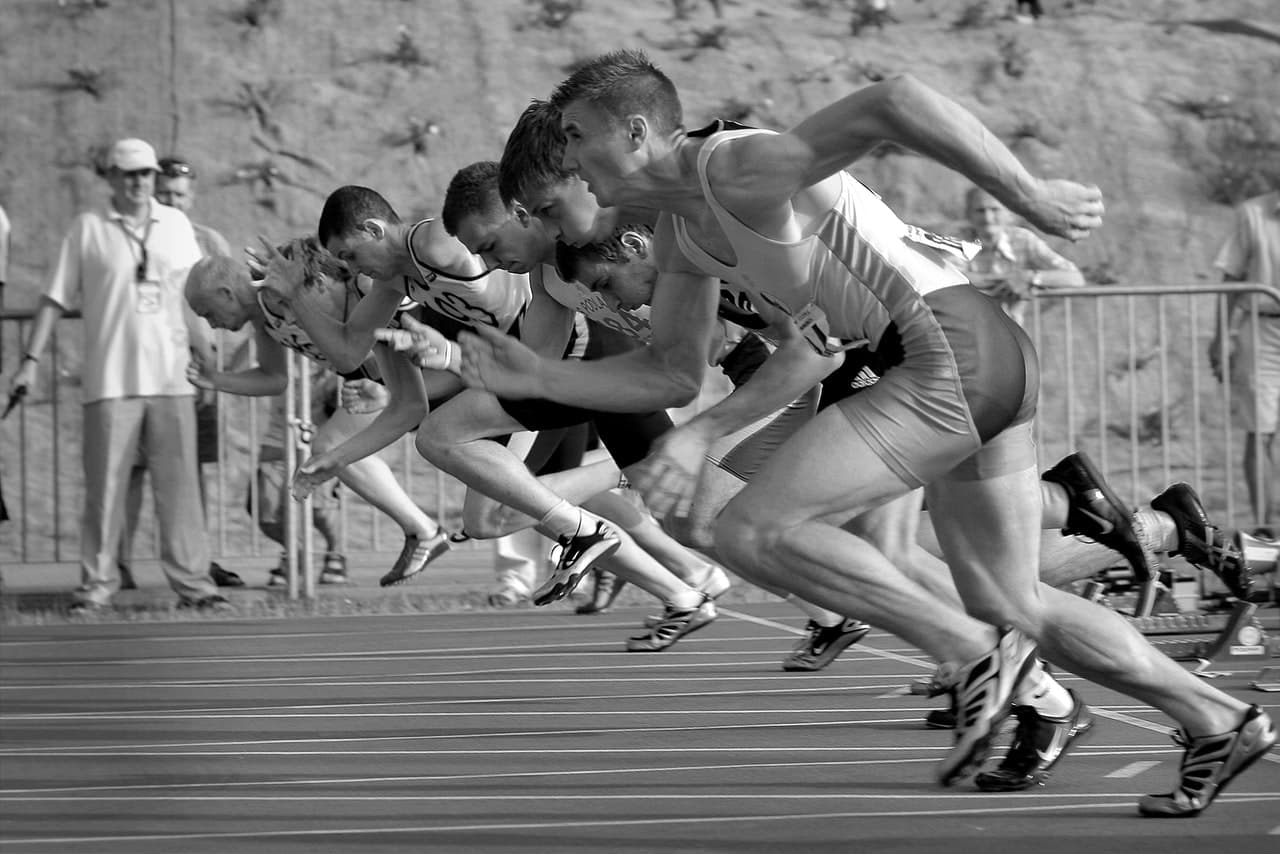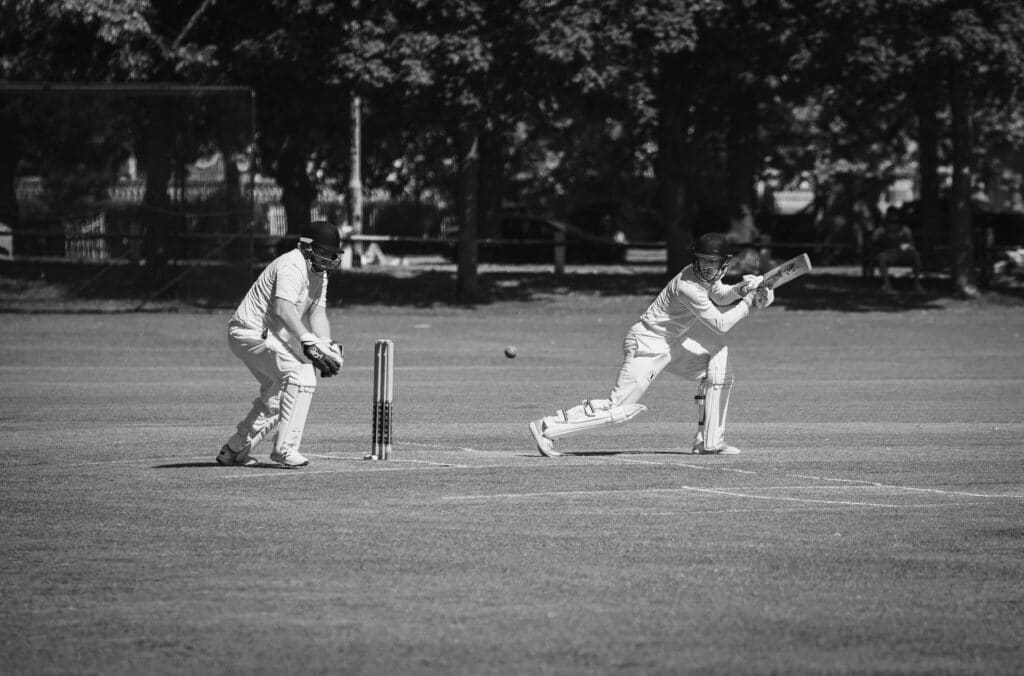Shin Splints – Physiotherapy
What we’ll cover
Shin Splints – Physiotherapy
Shin splints or Medial Tibial Stress Syndrome (MTSS) is a condition that causes pain around the front of your shin(tibia). Symptoms and pain often occur with anything that increases loading such as running or jumping. In more severe cases, pain in the shin can often linger or become an ache even after exercise has stopped.
With winter sport such as football and soccer underway, we a seeing an increasing number of people present with shin splints. Physiotherapist Laura Scott identifies what can be done to reduce and prevent the likelihood of shin splints.
What are shin splints?
Shin splints are an overuse/stress-based injury. The actual cause and pathophysiology of shin splints is associated by excessive traction and pulling of the calf muscle and facia on the periosteum (tissue surrounding the bone). This excessive traction causes inflammation and and pain. If untreated, this bony reaction can progress and lead to stress fractures. ‘
This mechanism is often attributed to poor training habits such as increasing distance, duration or intensity too quickly. However, poor biomechanics or strength can also cause increased stress and strain through the shin.
Other risk factors for developing shin splints include:
– Female (due to hormonal factors)
– Increased BMI
– Increased load
– Pronated/flat feet
– Weakness throughout the lower limb especially calves
– Poor/old footwear
How do you diagnose shin splints?
Your physiotherapist will do a thorough subjective and physical examination to assess and diagnose shin splints.
Common symptoms of shin splints include pain or discomfort around your shin bone with activity such as running or jumping. In mild cases, these symptoms can appear to warm up. In more sever cases, pain can linger after activity or sport has stopped. Most cases of shin splints will also present with increased tenderness or pain with touch along the front of the shin.
An assessment of shin splints commonly includes assessing walking/running, squatting, strength tests and flexibility tests to identify what other factors will be causing or contributing to your shin splints
Further investigations or imaging is very rarely required to confirm a diagnoses. However, in circumstances where your physiotherapist is ruling out a stress fracture, imaging such as X-ray , bone scans or an MRI may be organised.
How do you treat shin splints?
Initial treatment focuses on reducing acute pain. This may involve massage, joint mobilisation, taping, and utilising compression and ice. Your physiotherapist will discuss cross-training options if required or may modify your current training load. During the initial phase, your physiotherapist will begin to address other factors that may be causing your injury. These exercises may include addressing any imbalances in muscle strength and flexibility. This includes introducing core or gluteal strength exercises. Cross training exercises can often be considered to maintain cardiovascular fitness. Safe cross training exercises can include using an exercise bike, swimming, rowing or the elliptical machine.
As your symptoms improve, your physiotherapist will gradually introduce more load including introducing training or running. Given that shin splints can be associated with irritation of the bone, your physiotherapist will be very specific with what you can and cannot do. When returning back to sport, a good guideline to follow is that there is no pin point pain and that symptoms settle after activity or exercise is stopped.
Importantly, strengthening and building endurance of your calf muscles (gastrocnemius and soleus) is important to reduce the likelihood of shin splints. Heel raises with a straight knee and bent knee are great ways to strengthen your calf muscles. Start with both feet on the ground before progressing to single leg. Try repeating these exercises until fatigue and repeat 4 – 5 x daily.
When can I run again after shin splints?
Your physiotherapist will utilise a range of assessments and tests to ensure that you are safe to return to running and sport. In mild cases this can be between 2 – 4 weeks but in more severe cases it can take up to several months.
In addition to symptoms, your strength and endurance will also determine time frames in getting back to activity A good guideline to test your calf strength is your ability to do single leg calf raises. Prior to returning to running, you should be able to complete between 20 – 25 single leg calf raises. Our team also utilise onsite strength testing technology.
Should you be experiencing shin splints, contact our team or book online today.














